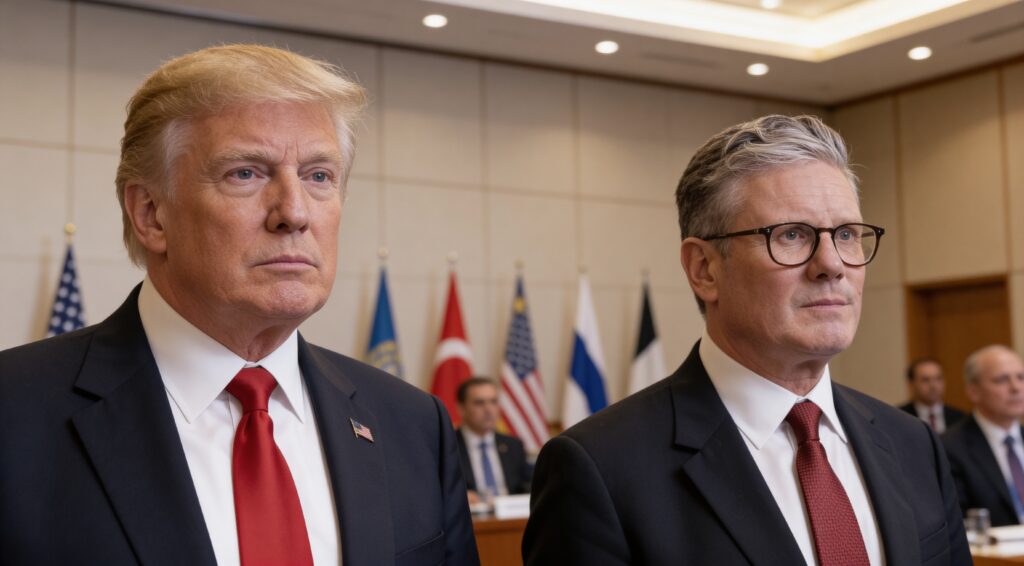To achieve economic prosperity and help realize the United Kingdom’s “Plan for Change,” the UK government is proactively recruiting top scientists, technologists, and innovators to take up fixed-term positions with a focus on emerging technologies. These enablement technologies will be instrumental towards making the UK an artificial intelligence powerhouse, strengthening the UK’s digital and cyber resilience, securing leadership in semiconductors, advancing quantum technologies, and fostering digital inclusiveness across society.
Details of the DSIT Fellowship
This initiative falls under the Department for Science, Innovation, and Technology (DSIT) Fellowship Program. The program’s placement restriction is 25; it offers fellowships to 25 experts to undertake 12-month, half-time secondments within the government. It is expected that the work of the fellows in devising national policies will enable them to solve contemporary issues and ensure that innovations are not only achieved but are also useful to the citizens and businesses. He aims to achieve effective innovation, inclusiveness, security, and a digitally governed society using policy-based evidence.
Integrating the Public Sector with Ecosystem Knowledge
The fellowship aims to establish a single link between the government and the emerging technologies ecosystem, integrating diverse knowledge and insights into policymaking stages. It grants individuals unprecedented access to national decision-making processes and active insight into policy formulation and execution. Lord Vallance emphasized the importance of this initiative, stating that it embeds expert knowledge needed to address challenges like digital resilience and AI and quantum. The fellowship forms a lasting partnership to accelerate advancement, drive sustainable growth, and shape the economy and society.
Fellow Experience and Benefits
The DSIT Fellowship program, a secondment arrangement, provides employees with valuable experience in government decision-making processes, professional development, and cross-sector networks. It includes organizations like the Royal Society, Royal Academy of Engineering, Academy of Medical Sciences, techUK, IET, and the British Standards Institute. The program also offers strategic experience in policy and governance, according to Alex Casson, a DSIT Fellow and Professor of Biomedical Engineering at the University of Manchester.
Core Themes of the Program
The DSIT Fellowship has four main thematic domains for placements, guiding policy actions. The first theme is AI, addressing deepfakes and AI regulation. The second theme is technology, focusing on semiconductors, digital standards, and telecom resilience. The third theme is Futures Thinking, encompassing quantum technologies, climate security, and space policies. The fourth theme is innovation in the public sector, involving digital exclusion strategies and scientific capabilities enhancement.
Program Milestones and Effectiveness
The DSIT Fellowship program is in its third iteration, following successful implementation of the Expert Exchange Programme and previous Science and Technology Fellowship pilot programs. Prior Fellows have returned to their institutions, influencing key government policies and providing new insights. The DSIT Fellowship scheme aims to double the number of civil servants in digital roles in the UK, attracting more technology experts to enable faster innovations and smarter public services.















